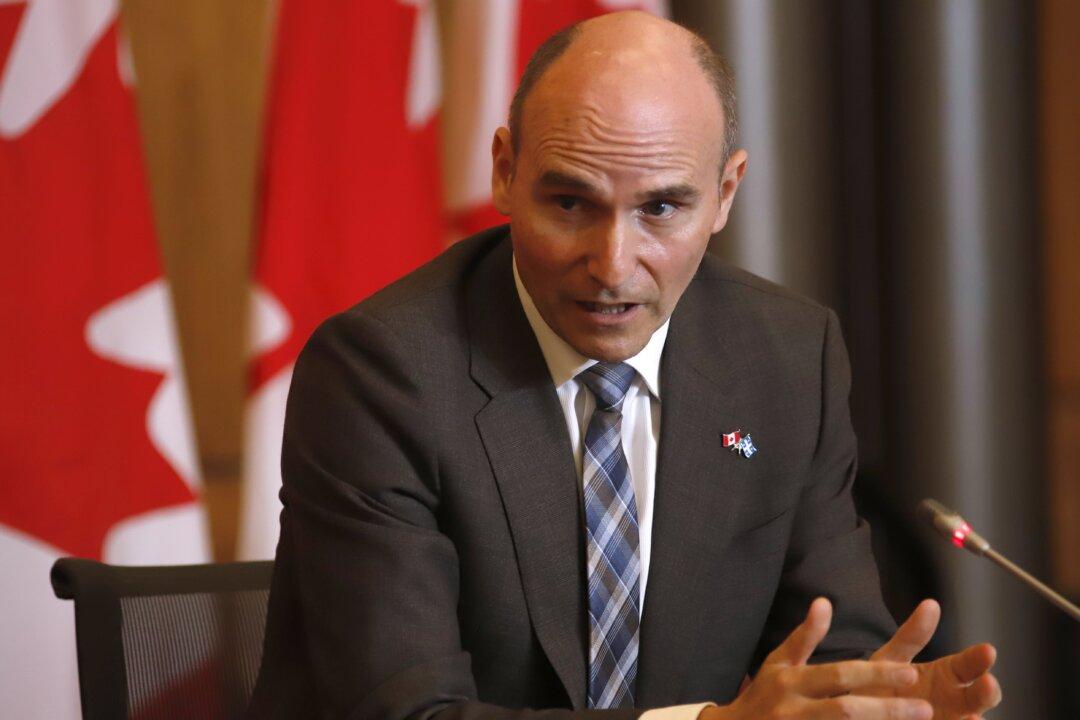Internal polling conducted days before Ottawa announced it would suspend the vaccine mandates suggested the mandates were unpopular and caused a loss of “trust” in the federal government.
Vaccine mandates “represented overreach on the part of the federal government and unfairly infringed upon those who made the personal choice to not get vaccinated for Covid-19,” respondents told the Strategic Counsel, according to Blacklock’s Reporter.





